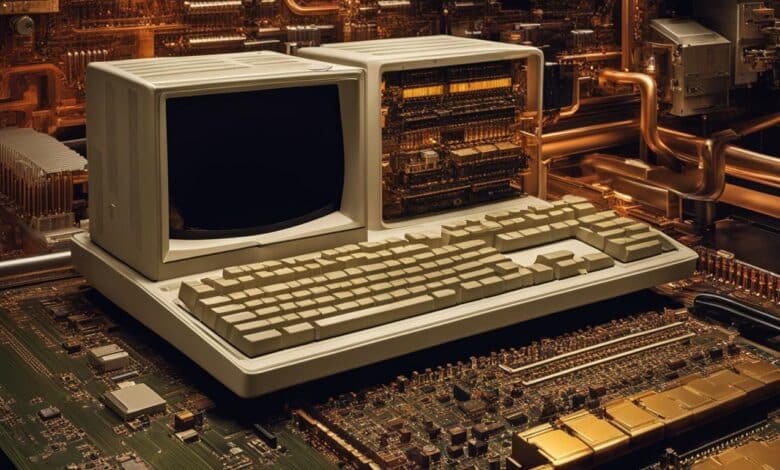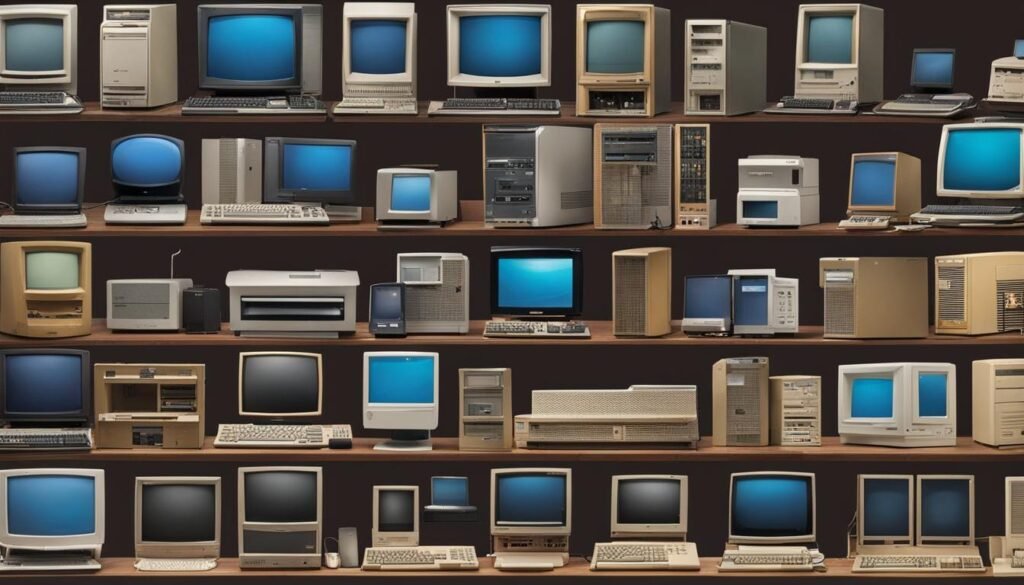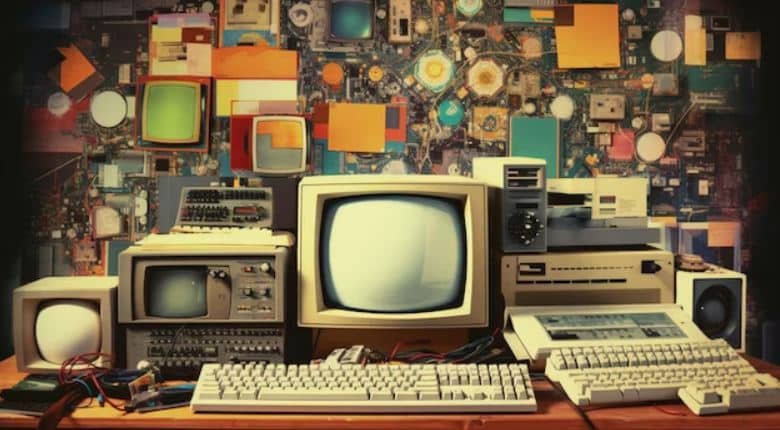Pioneering Era of the Computer Generation: A Comprehensive Guide

In the ever-evolving landscape of technology, the journey of computer generation stands as a testament to human innovation and progress. From the rudimentary beginnings of massive mainframes to the sleek and powerful machines of today, each era in computer generation has brought forth remarkable advancements that have reshaped industries, revolutionized communication, and propelled humanity into the digital age. In this comprehensive guide, we delve deep into the annals of history, unraveling the intricate tapestry of technological breakthroughs and milestones that have defined each generation.
Generation Computers

First Computers Generation
The inception of computing can be traced back to the mid-20th century, with the advent of first-generation computers. These behemoths of technology, characterized by vacuum tubes and magnetic drums, laid the groundwork for modern computing. Led by visionaries such as Alan Turing and John von Neumann, pioneers in the field. First-generation computers marked the dawn of a new era, where complex calculations could be performed with unprecedented speed and accuracy. Despite their immense size or limited capabilities. These early machines paved the way for subsequent generations, setting the stage for exponential growth and innovation.
Second Computers Generation
The transition from first to second-generation computers heralded a significant leap forward in computing power and efficiency. Marked by the introduction of transistors or magnetic core memory. And second-generation computers were smaller, faster or more reliable than their predecessors. This era saw the rise of giants like IBM and the emergence of programming languages such as FORTRAN and COBOL. Which democratized access to computing and spurred widespread adoption across industries. With advancements in hardware and software, second-generation computers laid the foundation for the digital revolution that would follow
Third Computers Generation
The advent of integrated circuits in the 1960s ushered in the era of third-generation computers, marking another quantum leap in technological innovation. With the ability to pack thousands of transistors onto a single silicon chip, these computers were smaller, faster. And more powerful than ever before. The introduction of operating systems like UNIX and programming languages like C further expanded the capabilities of these machines. Enabling multitasking and facilitating the development of sophisticated software applications. Third-generation computers heralded a new era of computing, where versatility and performance became the hallmarks of technological progress.
Fourth Computers Generation
The evolution of computing took a decisive turn with the advent of fourth-generation computers. Characterized by the rise of personal computing and microprocessors. Enabled by advancements in semiconductor technology, these machines were smaller, cheaper, and more accessible to the average consumer. Companies like Apple and Microsoft played pivotal roles in popularizing personal computers. Introducing user-friendly interfaces and software applications that revolutionized how people interacted with technology. The fourth generation marked the democratization of computing. Empowering individuals and businesses alike to harness the power of digital technology for a myriad of purposes.
Fifth Computers Generation
As we enter the 21st century, we find ourselves amidst the fifth generation of computers. Where connectivity and mobility reign supreme. Characterized by the proliferation of the internet, cloud computing. And artificial intelligence, fifth-generation computers represent the culmination of decades of technological progress. From smartphones and tablets to IoT devices and autonomous vehicles, computing has become ubiquitous, seamlessly woven into the fabric of everyday life. With the advent of machine learning and big data analytics, computers are now capable of unprecedented feats, unlocking new possibilities in fields as diverse as healthcare, finance, and entertainment.
Computer generation Implications and Challenges

Empowering the Digital Economy
One of the most significant impacts of computer generation has been its role in driving economic growth and prosperity. The digital economy, fueled by advancements in computing and communication technology, has unleashed unprecedented opportunities for innovation, entrepreneurship, and job creation. From e-commerce and online marketplaces to digital services and remote work platforms, the internet has become a fertile ground for economic activity, empowering businesses of all sizes to reach global audiences and compete on a level playing field. As we continue to harness the power of computing to fuel economic growth, we must work to ensure that the benefits of technology are shared equitably across society, bridging the digital divide and empowering marginalized communities to participate in the digital economy.
Navigating the Ethical Landscape
Alongside the rapid advancements in computing technology come a host of ethical considerations and dilemmas that must be navigated with care and foresight. From privacy concerns and data security breaches to algorithmic bias and the proliferation of misinformation, the ethical implications of technology are manifold and complex. As we entrust ever-increasing amounts of personal and sensitive information to digital platforms and algorithms, we must establish robust safeguards and regulations to protect individuals’ privacy and ensure the responsible use of data.
Embracing the Future of Computing
As we look to the future, the possibilities of computing are boundless. From quantum computing and biotechnology to augmented reality and beyond, the next frontier of technological innovation promises to unlock new realms of possibility and reshape the very fabric of our reality. By fostering a culture of innovation, collaboration, and responsible stewardship of technology, we can harness the power of computing to address some of the most pressing challenges facing humanity, from social justice and education to healthcare and climate change. As we embark on this journey into the unknown, let us do so with humility, curiosity, and a steadfast commitment to building a better future for all.
Conclusion
The journey of computer generation is a testament to human ingenuity and perseverance, spanning decades of innovation and progress. From the massive mainframes of the 1950s to the interconnected world of today. Each era in computing has built upon the foundations laid by its predecessors. Pushing the boundaries of what is possible and reshaping the world in its wake. As we stand on the cusp of a new era of technological advancement. One thing remains certain: the evolution of computing will continue to shape our lives or redefine the possibilities of the future.
Read more: Tetra Tech





